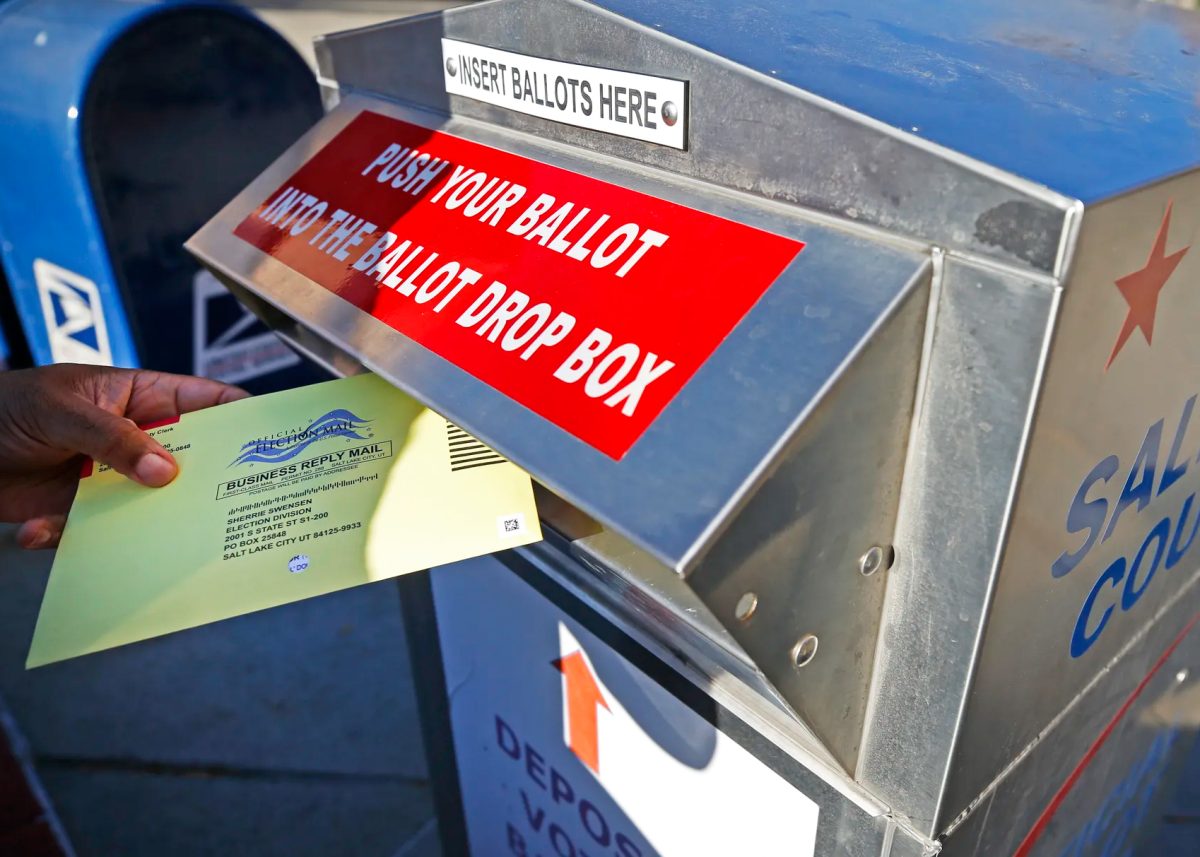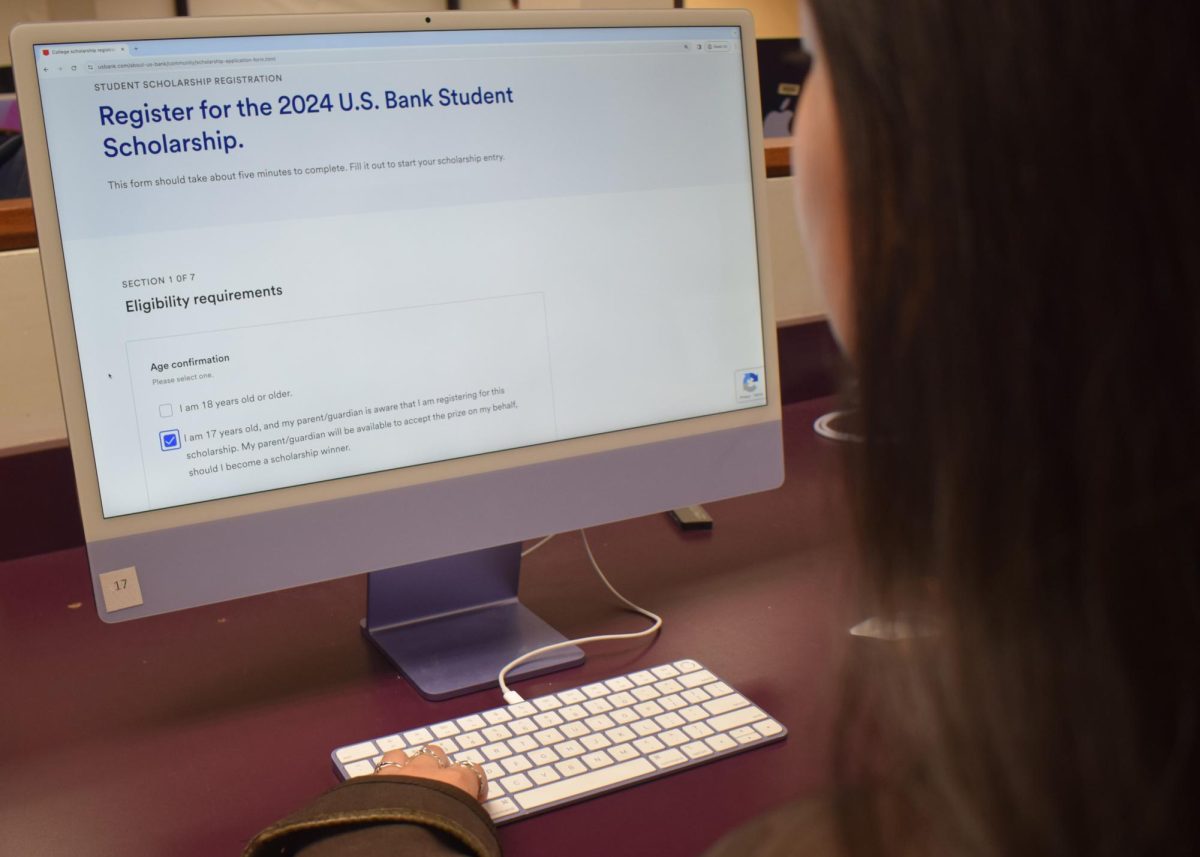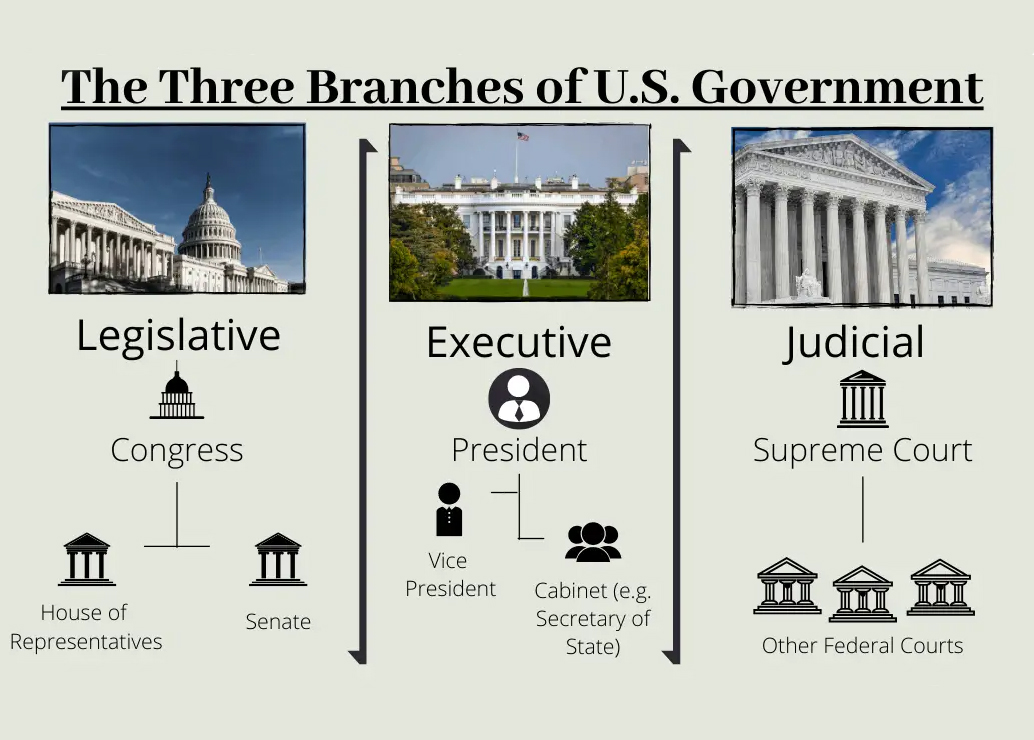In a rapidly evolving world of technology, the rising prominence of artificial intelligence (AI) has become apparent. AI, defined as technology that replicates human intelligence through machines, is revolutionizing numerous industries and people’s daily lives. From enhancing agriculture to healthcare, these profound impacts on society have been catalyzing questions about the technology’s potential threats. Many believe that AI will steal jobs from real humans, while others believe that it will improve quality of life. In these uncertain times, it is crucial to maintain an open mind while acknowledging that the effects and perceptions of AI will change depending on the user themselves. We should view AI as a powerful tool that can assist people rather than a robot takeover.
AI is often negatively portrayed in the media, since its impacts are not fully understood. Many science-fiction movies also showcase AI as a dystopian force that threatens humanity, contributing to its reputation as dangerous and unpredictable. Kevin Wang (III), an enthusiast of robotics and computer science, adds that movies like “I, Robot […] associate AI with bad robots.”
With the continuous portrayal of AI in a negative light, pessimistic assumptions of its impacts have been normalized. Correspondingly, in American education, students are told to value hard work and integrity and produce work with genuine creativity. As stated in the Boston Latin School handbook, plagiarism and the use of AI on schoolwork is forbidden.
This is because many argue that the overdependence on AI will damage students’ creativity and imagination. Mr. Patrick Hourigan, the Viterbi Director of Technology at BLS, however, illustrates otherwise: “People also said this about calculators back in the ‘50s and ‘60s and home computers in the ‘80s and ‘90s, and I don’t believe […] technologies made us stop learning, or less creative. But they certainly changed the ways we learn or express creativity.”
One must fully understand the properties of different technological programs and applications to avoid generalizations and unresearched assumptions about AI. Such simulations include Sora AI, which enables the creation of hyperrealistic videos, and ChatGPT and Chatbox, which generate human-like conversations.
AI itself is not inherently evil, but it may have evil implications based on the user’s intentions; in a consumer’s hands, AI can become either harmful or helpful. While AI does come with some imperfections, it positively impacts the world by accelerating the development of new drugs and medicines, increase of agricultural productivity and development of self-driving vehicles. AI isn’t a threat to humanity, but rather an extension of technology that may assist humankind.
Tim Nguyen (I), the winner of the citywide science fair with his project on AI improvements, adds, “AI, when used responsibly, has this immense power that could revolutionize how we process information as it frees us up from ‘lower-level’ thinking to allow us to think at a ‘higher level.’”
Many have the misconception that AI will take away jobs and replace humans, but instead of focusing on job displacement, it is imperative to concentrate on the broader picture of how jobs will adapt and evolve alongside the creation and advancement of AI. There is a boundless potential for AI to automate repetitive tasks, create new job opportunities in all fields, generate solutions to complex problems and increase information security.
The progression of AI is not a foreshadowing of a nightmarish future, but rather a great auxiliary development in allowing people to have more free time to focus or branch out into new productive tasks. What seems like a hindrance to society’s innovativeness may actually assist humans in positively impacting society.
Mr. Hourigan agrees, saying, “We all have 24 hours in the day, and it’s up to each of us to decide how we want to spend those hours. My hope is that we will spend them attempting to improve the lives of all humans and that AI can help make that happen.”
Keeping up with news about AI is essential for individuals to stay informed about the latest developments and their potential implications. People must understand the underlying algorithms, ethical factors and societal impacts associated with AI deployment to recognize the true benefits behind the proliferating misconceptions. As students navigate a world of constantly evolving technology, they should embrace a future where AI is not seen as a threat, but rather a catalyst for progress, creativity and innovation.









Atticus Scovel • Mar 27, 2024 at 1:59 pm
What a wonderful article! I hope you publish more!